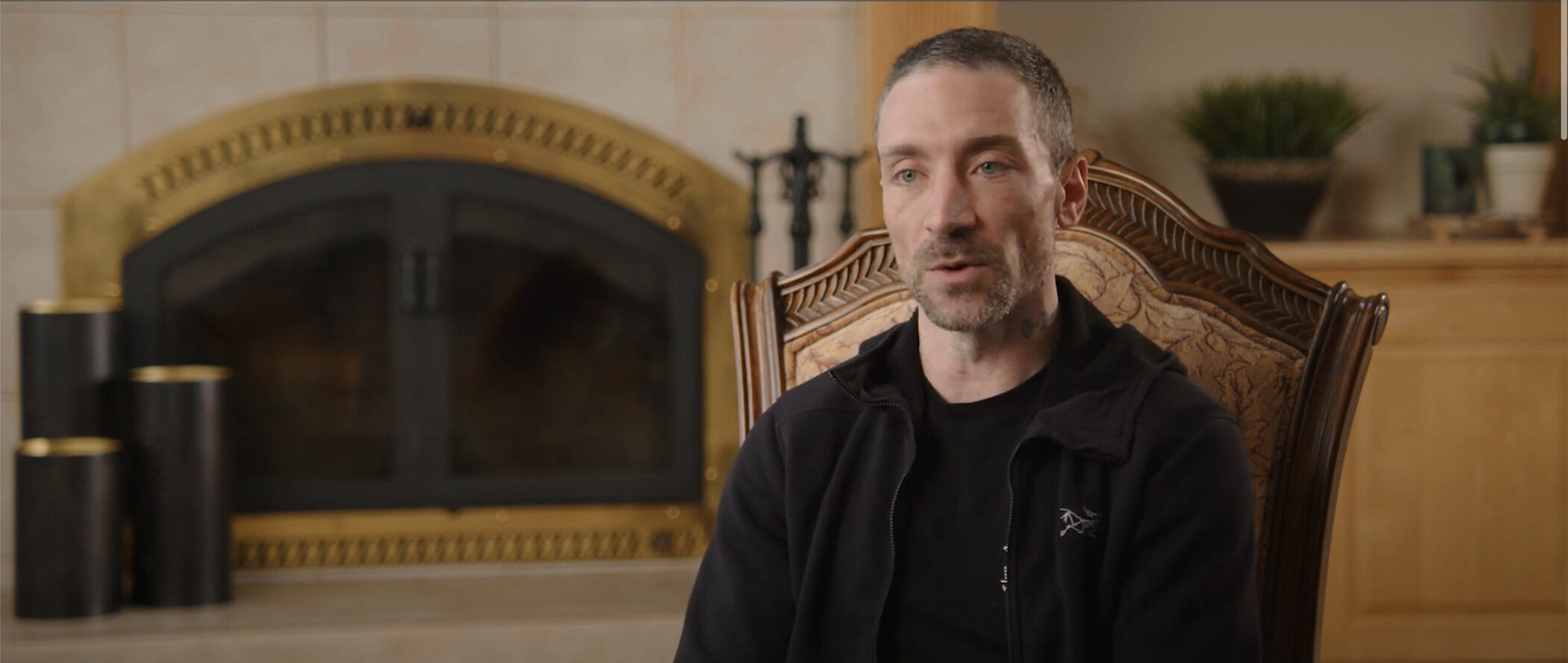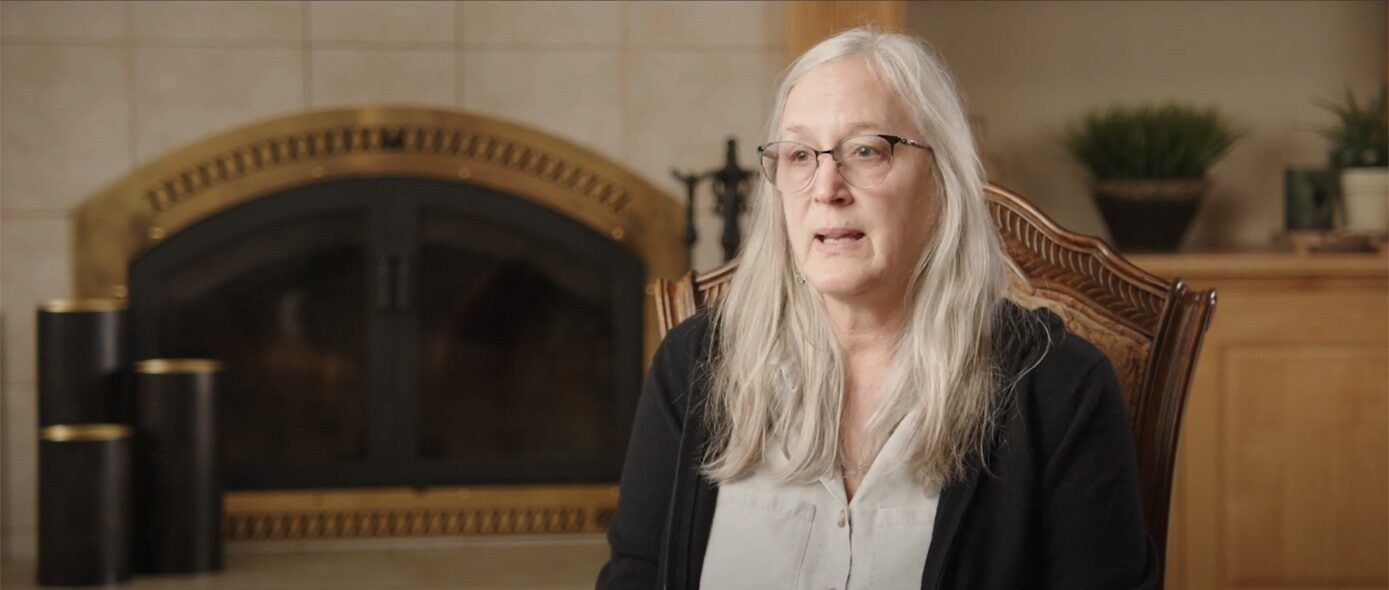Crabbing is an extremely dangerous job. Many things can go wrong while crabbing that may result in severe injury or death, such as:
- Severe weather and extreme waves
- Wet, slippery decks
- Heavy equipment
- Dangerous crab pot launchers
- Heavy crab pots
- Swinging cranes
- Bait choppers
- Long, intense hours
Any injury or death from an accident on a crab boat should be handled by an attorney specializing in maritime law.
Washington, Alaska, Oregon, and California Crab Boat Injury Lawyers
If you have been injured on a crab boat, contact our experienced maritime lawyers at BOATLAW, LLP. We have handled all types of crab boat injuries including slip and falls on decks, crane accidents, improper manning, unsafe navigation, and defective equipment. Allow us to put our legal experience to work for you.
BOATLAW, LLP serves in Washington, Oregon, Alaska, and California. Call 1-800-262-8529 to secure an initial consultation with BOATLAW, LLP as soon as possible.
Information Center
- Potential Injuries From Crab Boat Injuries
- Potential Causes Of Injuries From Crab Boat Accidents
- Types of Compensation for Crab Boat Injuries
- Additional Resources
Potential Injuries From Crab Boat Injuries
Many types of injuries may result from a crab boat accident. These injuries may include:
- Shattered bones
- Crushing wounds
- Back and spinal cord injuries
- Concussion
- Traumatic brain injury
- Loss of limb
- Paralysis
- Hypothermia
- Frostbite or frostnip
- Death or injury from exposure to the elements
- Drowning
- Death
Potential Causes Of Injuries From Crab Boat Accidents
Many factors may cause or contribute to a crab boat accident. Often negligence or failure to follow best practices by a maritime employer can create an unsafe working environment. Causes of crab boat accidents may include:
- Not avoiding predictable severe weather
- Poor equipment
- Inadequate staffing
- Fatigued employees
- Improperly handling crab pots and crab pot launchers
- Slippery decks
- Poor or poorly maintained ladders
- Failure to rescue a crabber who is swept overboard
- Medical attention that is not adequate
- Insufficient training
- Defective or inadequate hooks, winches, or other tools
- Mechanical failure of the boat or equipment
- Inadequate rigging
- Lack of safety equipment
Types Of Compensation For Crab Boat Injuries
There are multiple avenues to compensation that might be available to an individual injured in a crab boat accident, depending on the case’s specifics.
Maintenance And Cure
Maintenance and cure compensates crabbers (seamen) injured on the job. This is a concept from common law, meaning it is based on precedent and case law, not a statute. Maintenance covers basic living expenses, such as rent, utilities, and food while the injured individual recovers.
Cure covers medical bills associated with the injury, including hospital bills, doctor’s visits, medication, rehabilitation, and necessary medical equipment.
Maintenance and cure ends when a doctor clears the individual to go back to work. To get the benefits of maintenance and cure, an injured crabber does not have to prove that the employer was at fault or did anything wrong. Maintenance and Cure cover illnesses and medical conditions that occur at sea, even if the illness or medical condition is not due to maritime work.
The Jones Act
The Merchant Marine Act of 1920, known as the Jones Act, allows an injured crabber (seaman) to bring a claim for an injury caused by their employer’s negligence. If the negligence of an employer or a crew member contributed at all to the injury, a claim may be brought under the Jones Act, even if the contribution was minimal. Note that this is a significantly lower burden of proof than typical, non-maritime personal injury cases. Under the Jones Act, an individual may seek damages for: lost earnings, lost earning capacity, medical expenses (past, present, and future), pain and suffering (past, present, and future), and mental anguish (past, present, and future).
Unseaworthiness
If an injured crabber (seaman) can prove the crab boat they were injured on was not seaworthy, they may be able to bring a claim for unseaworthiness, which would make the boat’s owner strictly liable for their injuries. Like Maintenance and Cure, Unseaworthiness is a common law doctrine that does not have a statute associated with it. An individual claiming unseaworthiness may recover damages similar to those available under the Jones Act – lost earnings, lost earning capacity, medical expenses (past, present, and future), pain and suffering (past, present, and future), and mental anguish (past, present, and future). If a boat is deemed unseaworthy, it does not matter if the owner knew of the condition of the boat or if they were negligent. All that matters is that the boat was unseaworthy and that unseaworthiness contributed to the injury.
The Death On The High Seas Act
The Death on the High Seas Act is a federal law that applies to any maritime worker (such as a crabber) who dies on a ship or boat more than 3 miles off the shores of the United States due to negligence or a wrongful act. A claim may be brought by the deceased’s spouse, parent, child, or another dependent relative. The amount of compensation the deceased’s family will receive under the Death on the High Seas Act is calculated by taking the amount of the financial contribution the deceased would have made to the household and subtracting a set amount that would have been spent on the deceased.
Statute Of Limitations
The statute of limitations for Maintenance and Cure is three years. The statute of limitations for a claim under the Jones Act is three years. The statute of limitations under the doctrine of unseaworthiness is three years. The statute of limitations for a claim under the Death on the High Seas Act is three years.
Additional Resources
Marine Traffic Map – MarineTraffic has a real-time map showing the locations of a large number of ships and boats around the world.
28 U.S. Code § 1333 – This part of the federal code involves civil maritime cases – it gives the federal courts jurisdiction over these types of cases.
Crab Boat Injury Attorneys | Washington, Oregon, Alaska, California
If you have suffered crab boat injuries in Washington, Oregon, Alaska, or California, contact BOATLAW, LLP to obtain confidential legal assistance regarding your case. We have successfully represented crewmen with crab boat injuries for over two decades. Our attorneys can discuss your rights to compensation under Federal Maritime law.
BOATLAW, LLP has the knowledge and resources to effectively pursue maximum compensation for you. Call 1-800-262-8529 to secure a free consultation today.











